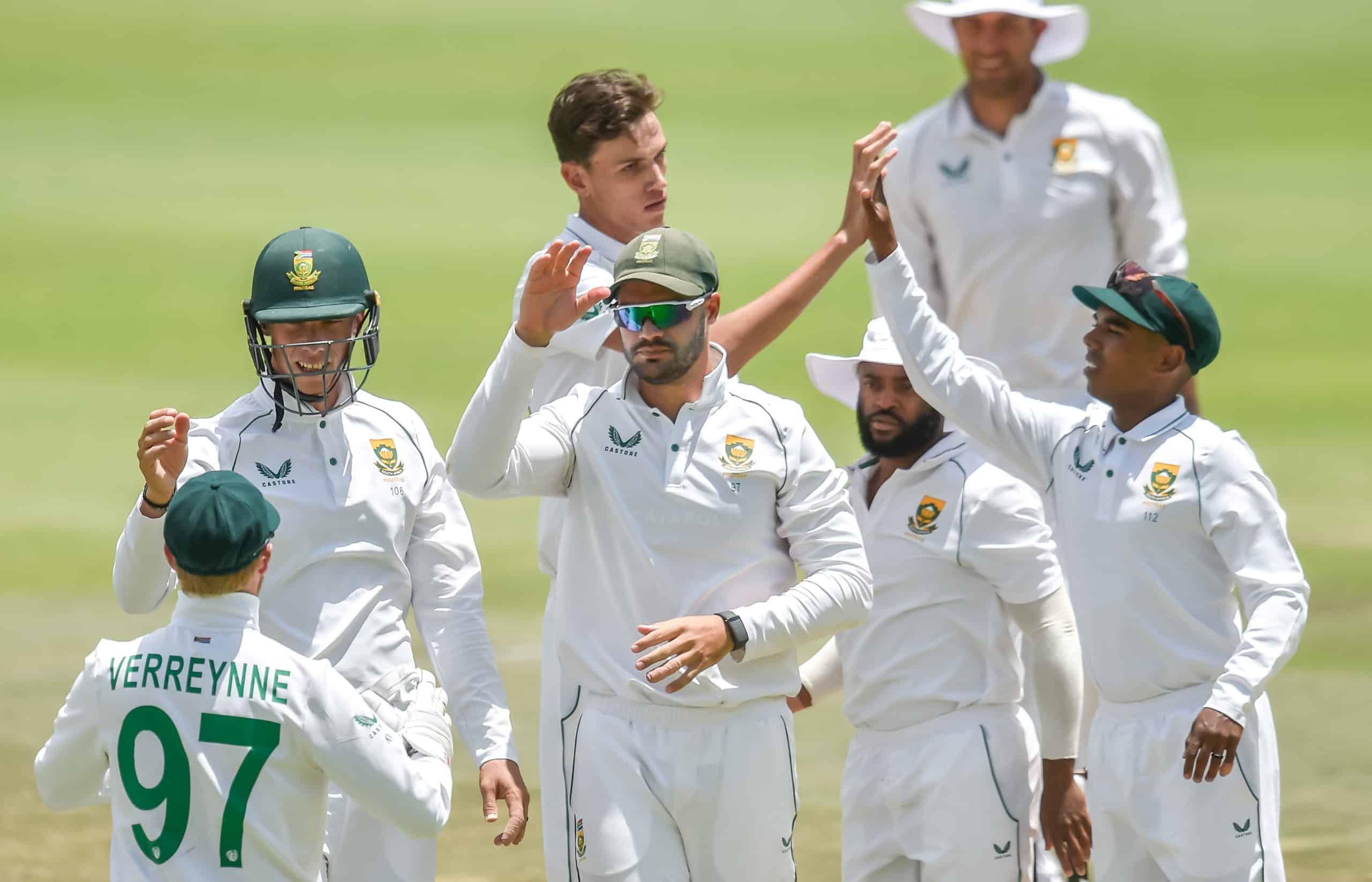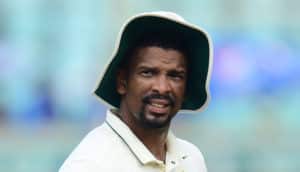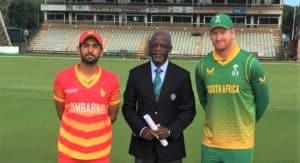The Proteas have played to somewhere close to their potential and beaten an elite opponent. Now they need to find a method to replicate that potency, writes RYAN VREDE.
On the evidence of how the Wanderers pitch played on day three, combined with the quality of the India attack – three of their bowlers are ranked inside Test cricket’s top 20 – one feared for the Proteas in pursuit of 240 runs.
There was also relevance in history. In 22 innings under coach Mark Boucher, the Proteas have only scored more than 250 in just over half those innings. Most recently, they were dismissed for under 200 twice in the first Test in Centurion.
I said there was no shame in losing to a side of India’s quality, but that it was the nature of the defeat that grated. I described that effort as “weak-minded”. This was anything but.
This was a team far from their best, but whose efforts were underpinned by a degree of mental strength that has been painfully absent in Test cricket, particularly against elite opposition.
Test series victories over an injury-depleted Sri Lanka and the eighth-ranked West Indies plastered over comprehensive defeats by England (3-1) and Pakistan (2-0).
The Proteas had won just five of 12 Tests under Boucher leading into the second Test against the tourists. This sixth victory is the best of the lot. This is not because they played the perfect Test match. Far from it. Indeed, they complicated their task by infuriating bowling impotence on the morning of day three.
But the best sides can recalibrate after such periods of play, and the Proteas confirmed what many astute observers have felt – that this team has largely betrayed its immense potential.
Kagiso Rabada found a depth of excellence that he has only flirted with in recent years. He got rid of Cheteshwar Pujara, Ajinkya Rahane and Rishabh Pant within the space of 12 runs. This gave his side hope of keeping the series alive.
Collectively, the Proteas’ top four have been mediocre in the series to date and the India bowlers would have felt confident of exploiting this deficiency.
But partnerships defined the chase. Going into the chase, the opening pair of Dean Elgar and Aiden Markram averaged under 30 after 50 innings. They put on 47 for the first wicket, and while it is hardly a noteworthy stand generally, how they played was a statement of intent.
Elgar and Keegan Petersen put on 46 for the second wicket. In his short Test career, Petersen has come in with the score at 0, 2, 4, 1 and 14. In this context, 47 was a solid base to work from.
The skipper and Rassie van der Dussen then posted 82 to break India’s spirit, after which captain and vice-captain Temba Bavuma took the team home with a 68-run partnership.
A word of immense appreciation for Elgar. His temperament has never been in question. This, though, was an innings that spoke to the giant heart and mind housed in his body.
Elgar, the captain, needed this. Rookie leaders have moments in which the magnitude of their performance elevates their standing in the dressing room. This was Elgar’s moment. That he stood unbeaten after 309 minutes is significant. It embodied the spirit this team wants to be defined by.
The Proteas should continue their celebrations on Friday (the third Test starts next Tuesday). Then, they need to figure out how this version of them comes out to play regularly.
A one-off is not enough. Not for a side this gifted.
ALSO READ: How Elgar put a rocket under ‘too relaxed’ Rabada
Photo: Christiaan Kotze/BackpagePix





